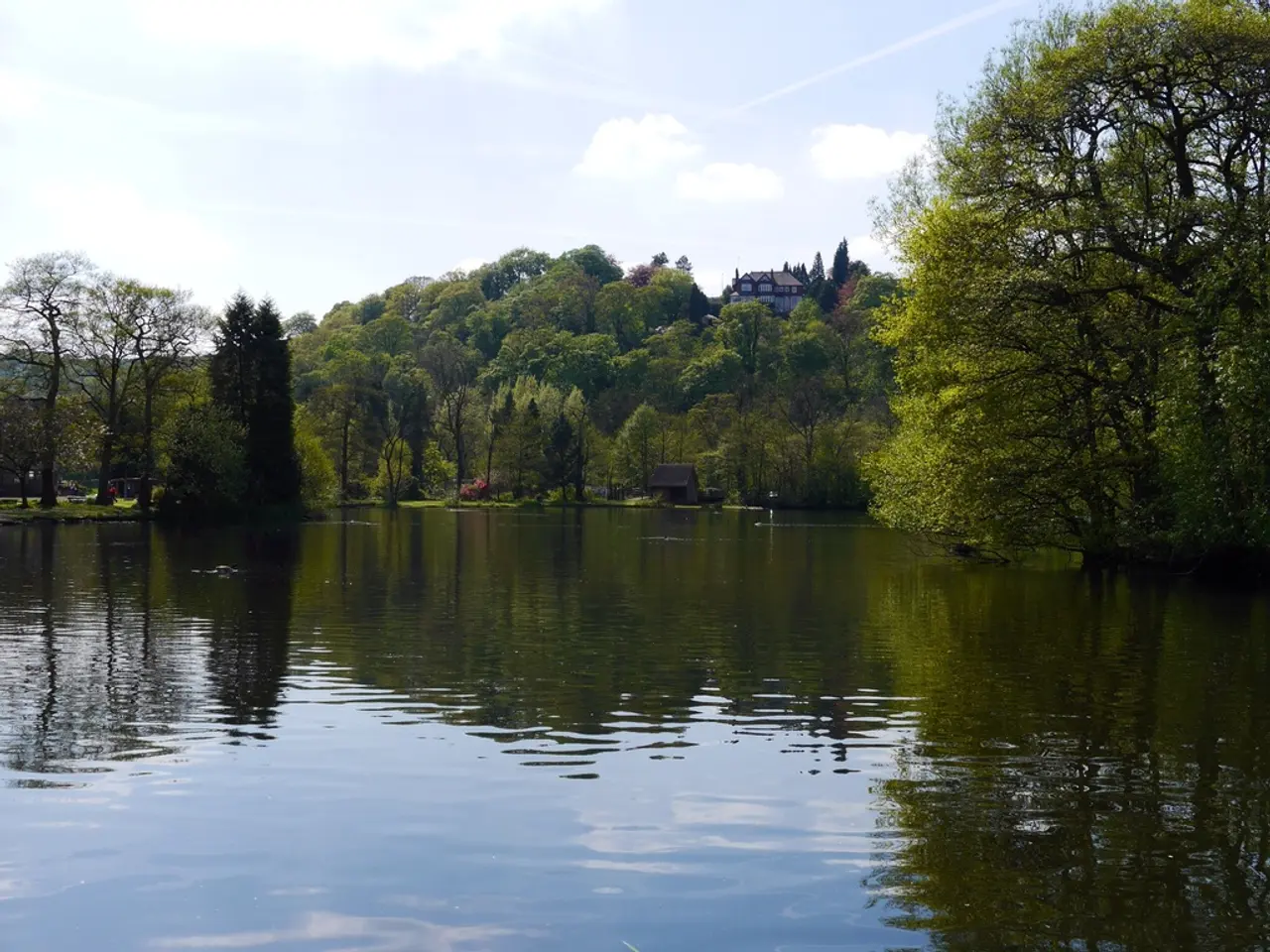Northern German regions boost water recreation activities
Germany's Lake District, a vast region spanning the federal states of Berlin, Brandenburg, and Mecklenburg-Vorpommern, is poised for significant growth in water tourism. This area, known as "Deutschlands Seenland" ("Germany's Lake District"), boasts over 5,000 lakes and 60,000 kilometres of rivers and canals, making it Germany's largest contiguous watersports area.
Authorities from the three states are collaborating to enhance the region's appeal to water sport enthusiasts and vacationers. The goal is to boost regional economic benefits and improve the quality of life through strengthened hospitality and leisure services.
The water tourism industry in Mecklenburg-Vorpommern, a key player in this collaboration, generates an annual turnover of approximately one billion euros and provides employment for more than 19,000 people. The industry includes marinas, rental and charter companies, and gastronomic establishments.
One notable example of this transformation is the Lusatian Lake District in eastern Germany. Once a coal mining region, it is now being reimagined as a sustainable eco-tourism hotspot. The area, centred on reclaimed opencast lignite mines, has been converted into a network of 26 lakes (13 of which are accessible), supported by a $2 billion initiative. It offers diverse activities such as cycling, fishing, diving, and horseback riding in a revitalised natural environment featuring biodiversity recovery.
The growth potential of water tourism in the region hinges on coordinated cross-state infrastructure investments, marketing under the unified "Deutschland's Seenland" brand, and leveraging natural and cultural resources sustainably to develop water tourism that benefits both locals and visitors across Berlin, Brandenburg, and Mecklenburg-Vorpommern.
The cooperation aims to make it easier for water enthusiasts to plan their sports or vacations, and to help them understand the applicable rules for their tours. In recent years, defective locks and temporarily missing lock personnel have damaged the image of the water tourism industry and sparked criticism. The collaboration seeks to address these issues and improve the overall experience for water tourists.
The study's lead author, Karsten Heinsohn from the Institute for Tourism Research (diwf), aims for a cross-border attractive and sustainable water tourism offering. The updated website at https://www.deutschlandsseenland.de/ provides tips for multi-day vacation trips by houseboat, canoe, or in combination with cycling.
The states of Berlin, Brandenburg, and Mecklenburg-Vorpommern are working together to enhance the enjoyment of water tours, better utilise the tourist potential on the water, and strengthen regional infrastructures and hospitality and leisure offerings through water tourism. The cooperation is expected to generate value creation and improve the quality of life in the regions.




